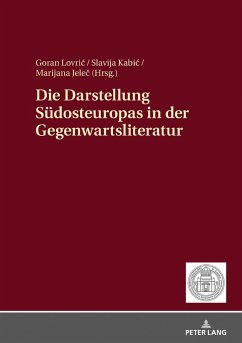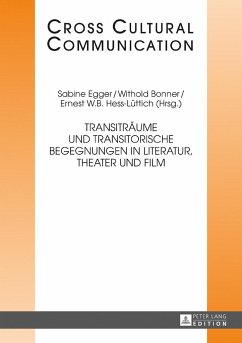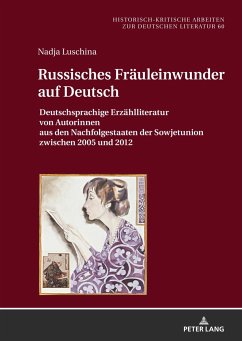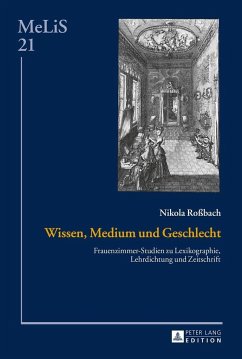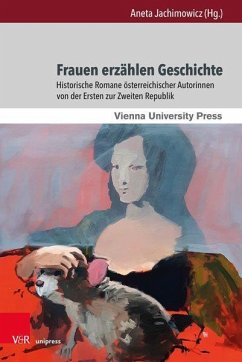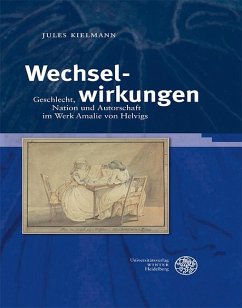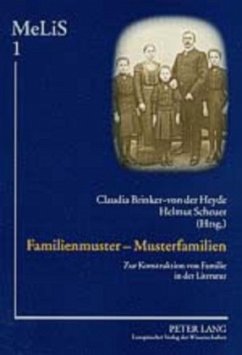Nicht lieferbar
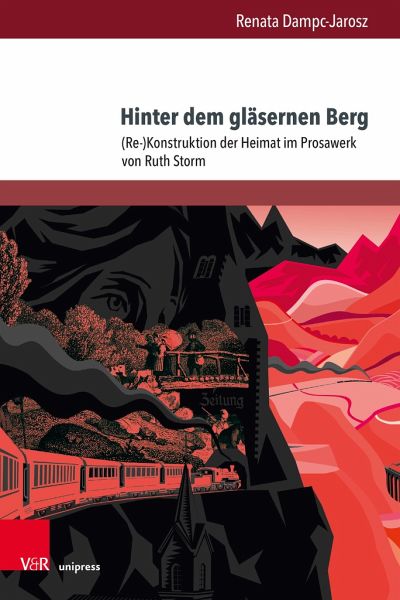
Hinter dem gläsernen Berg
(Re-)Konstruktion der Heimat im Prosawerk von Ruth Storm
Versandkostenfrei!
Nicht lieferbar
Die sich in den Globalisierungszeiten vollziehende Re-Definition des Begriffs Heimat regt zu einer Reflexion des Verständnisses in literarischen Texten an, insbesondere im Werk jener Autoren, die sich stark mit einer Region identifizieren, über den Verlust ihrer Heimat trauern sowie sich als Flüchtlinge, Vertriebene oder Migranten in eine neue einzuleben versuchen. Auch der aus Schlesien stammenden Schriftstellerin Ruth Storm (1905-1993) wurde das Schicksal einer Vertriebenen und Fremden zuteil, das sie schreibend zu bewältigen versuchte. Die narrative Gestaltung der erinnerten und erlebte...
Die sich in den Globalisierungszeiten vollziehende Re-Definition des Begriffs Heimat regt zu einer Reflexion des Verständnisses in literarischen Texten an, insbesondere im Werk jener Autoren, die sich stark mit einer Region identifizieren, über den Verlust ihrer Heimat trauern sowie sich als Flüchtlinge, Vertriebene oder Migranten in eine neue einzuleben versuchen. Auch der aus Schlesien stammenden Schriftstellerin Ruth Storm (1905-1993) wurde das Schicksal einer Vertriebenen und Fremden zuteil, das sie schreibend zu bewältigen versuchte. Die narrative Gestaltung der erinnerten und erlebten Heimatbilder spiegelt dabei einerseits ihren rekonstruierenden, wirklichkeitsgetreuen Charakter wider, andererseits kennzeichnet sie eine teleologische Suche nach einer universellen, offenen und immerwährenden Heimat, die besonders das weibliche Subjekt in seiner Eigenständigkeit bekräftigt. Renata Dampc-Jarosz' Analysen und Interpretationen ausgewählter Prosawerke Storms sind in moderne Erinnerungs-, Raum- und Narrativitätsdiskurse eingebunden und werfen damit ein neues Licht auf das Motiv der verlorenen Heimat.
The redefinition of the concept of home that is taking place in the age of globalisation stimulates a deeper reflection on its understanding and function in literary texts, reviving the centuries-old discourse, especially in the work of those authors who identify strongly with a region, mourn the loss of their homeland and try to settle in a new one as refugees, displaced persons or migrants. Ruth Storm (1905-1993), a writer from Silesia, also suffered the fate of a displaced person and foreigner, which she tried to overcome in her writing. The narrative form of the remembered and experienced images of homeland reflects on the one hand their reconstructive, realistic character, and on the other hand they characterise a teleological search for a universal, open and everlasting homeland that affirms the subject, especially the female subject, in its autonomy. The analyses and interpretations of selected prose works by Storm are integrated into modern discourses of memory, space and narrativity, which make it possible to shed new light on lost homeland.
The redefinition of the concept of home that is taking place in the age of globalisation stimulates a deeper reflection on its understanding and function in literary texts, reviving the centuries-old discourse, especially in the work of those authors who identify strongly with a region, mourn the loss of their homeland and try to settle in a new one as refugees, displaced persons or migrants. Ruth Storm (1905-1993), a writer from Silesia, also suffered the fate of a displaced person and foreigner, which she tried to overcome in her writing. The narrative form of the remembered and experienced images of homeland reflects on the one hand their reconstructive, realistic character, and on the other hand they characterise a teleological search for a universal, open and everlasting homeland that affirms the subject, especially the female subject, in its autonomy. The analyses and interpretations of selected prose works by Storm are integrated into modern discourses of memory, space and narrativity, which make it possible to shed new light on lost homeland.





